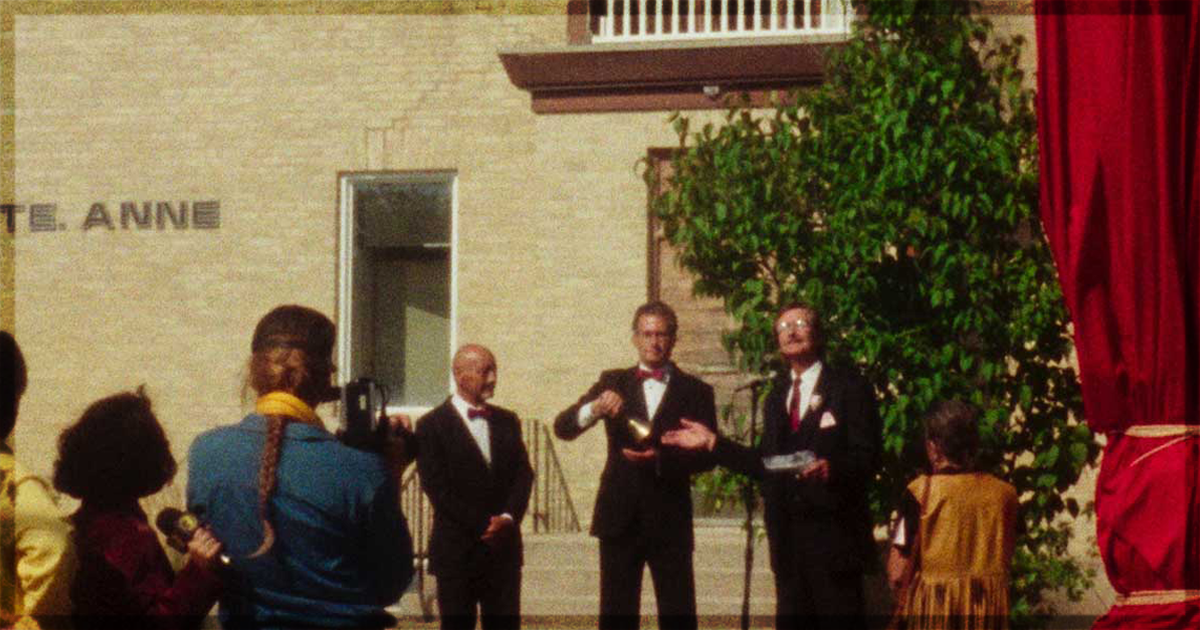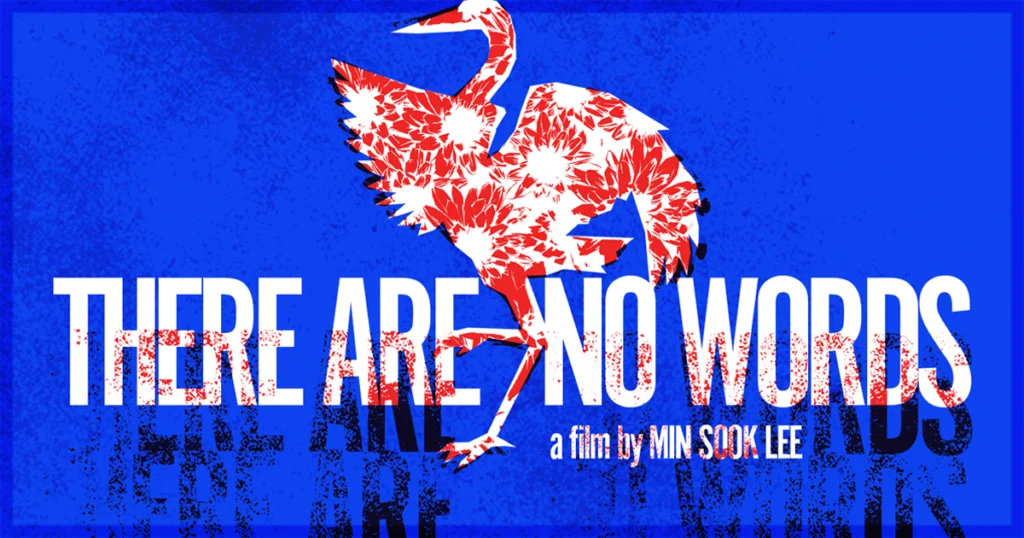One of the most fascinating aspects of the Toronto International Film Festival’s wavelength section is the combination of local talents with internationally prestigious names in experimental and bold efforts. The programming team, led by Andréa Picard, balances the most courageous work with more unconventional efforts that compose the best section of the festival. Unfortunately, the Wavelength section has been dwindling each year, a shame, as it brings daring choices to an often conventional slate. In this sense, Levers by Rhayne Vermette is another example of the potential of this line-up to promote inspired local talents. The young Canadian filmmaker, originally from Manitoba, has a long history with the festival. Her 2024 film, A Black Screen Too, was one of the Wavelength Short Selections. Thus this is the second feature by the director, following her debut, Ste. Anne, released in 2021.
In Levers, the world wakes up without the sunlight. The world is awake, but the sun is not.
Hence, Vermette creates her universe around this hyperbolical concept: What would we do if the sun were not shining anymore? In this sense, the young Manitoban filmmaker utilizes the lack of lightning as a visual metaphor for human fear. Similar to her last work, the 2-minute short A Black Screen Too, Vermette imagines a reality where the world is a black canvas. We hear the population watching a TV show about the incident and infamous phrase: the sun appeared on the coast of Australia – it is appearing here too. Will it? This alternative, an absurdist reality created by the director, provokes the audience to imagine a life without the sun. Yet, the fun aspect of the film is imagining a utopic reality. One that science teachers propose to their students as an exercise of critical thinking when studying astrology. How long can Earth survive without the sunlight? The science books affirm something; however, the Canadian experimental artist answers the other way around. Vermette disrupts the logical thinking about an essential resource and expands the concept of her absurd universe.
In the first half-century of film production, realism was the norm for an objective good film in the audience’s and critics’ perceptions. Cinema as a mirror of society was the pattern, and throughout the decades of the last century, filmmakers would deny it. In the 2010s, an ultrarealism has kidnapped modern filmmaking, where colorless cinematography and shapeless compositions have become the new conventions. Consequently, Vermette utilizes the lack of color and darkness as a visual formality. It is the central technique in creating discomfort through the experimentation of her speech. There is a sense of urgency and despair in waking up with no light; yet, a solar eclipse occurs unprompted, challenging the citizens of that Manitoba village to continue their lives. Another point is the division of the film into chapters that employ the split as of a tarot deck, where each part has a name from the major arcana.
Furthermore, the tarot deck has a mystic tone to the story, which is mystic per se, a concept that science fails to explain. Yet, it is not a frontal presence of the occult; it bases itself in the mystery of the astro disappearance. Thus, there is an inherent comedy in the event occurring with an isolated community in Manitoba, Canada. The irony of a country that spends nine months of the year in cold weather, imperceptibly losing its access to the sun. Funnily enough, Vermette exercises her imagination of an utterly tragic event happening in her hometown. The director uses Manitoba as a venue for her absurdist ideas.
Levers is a film that has its own personality, grounded by a bold idea, and the division in the tarot deck, which suggests a mystical interference. Look, if the universe has a perfect design, the sun losing its light is a work of the obscure, right? Well, the question is so complex that any answer is vague, and Vermette utilizes the manipulation of the film form to confuse the audience. Throughout the lens and the texture of the film material, the director and a committee of cinematographers, including Vermette, Ryan Steel, Heidi Phillips, and Kristiane Church, pose a plethora of questions, and just as the darkness in the frames, it lacks reasonable answers.
In a sense, Levers is a film that invites you on a journey without any light, literally. However, the talented Manitoba experimental director, Rhayne Vermette, takes the audience through a confusing, mystical, and obscure ride. She expands her ambitions to a full-length format. But she never forgets the elements that work so well in her previous efforts, including the experimentation with light absence, which she explores to a gigantic level.
Levers recently premiered at the Toronto International Film Festival.
Learn more about the film at the official TIFF site for the title.
You might also like…
‘There Are No Words’ Film Review: On Remembering After Trauma


